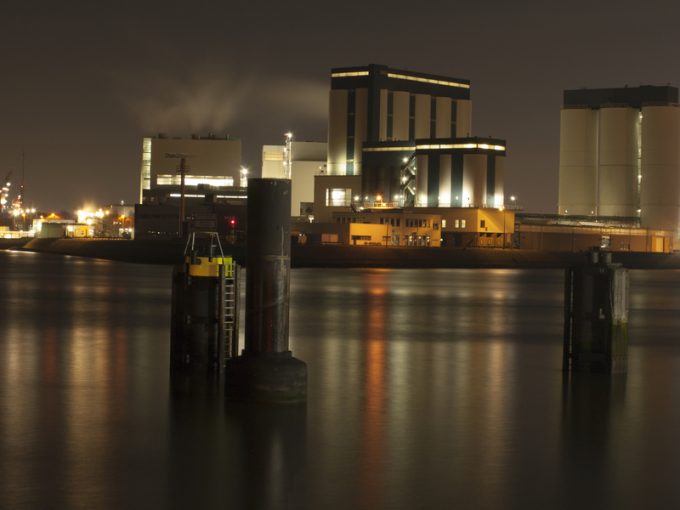Legal wrangle over terminal project could hobble South African port efficiency hopes
Continued congestion at South African ports hit by high winds has brought calls for a ...

Maersk is taking steps to insure itself against the risk of a shortage of compliant low-sulphur fuel oil (LSFO) when the IMO’s 0.5% sulphur cap becomes law on 1 January next year.
Through an agreement between its Maersk Oil Trading subsidiary and Dutch chemical and oil storage and transport group Koole Terminals, LSFO will be produced at the company’s petrochemical industrial distillation (PID) unit at its Botlek site in the centre of Rotterdam port.
“Our activities with Koole will be an important ...
Trump tariffs see hundreds of cancelled container bookings a day from Asia
'To ship or not to ship', the question for US importers amid tariff uncertainty
'Disastrous' DSV-Schenker merger would 'disrupt European haulage market'
'Chaos after chaos' coming from de minimis changes and more tariffs
Forto 'sharpens commercial priorities' as it lays off one-third of staff
List of blanked transpac sailings grows as trade war heats up and demand cools
EC approves DSV takeover of DB Schenker
Overcapacity looms for ocean trades – with more blanked sailings inevitable
Amazon Air’s metamorphosis: 'a different air cargo unit from two years ago'
Shippers in Asia restart ocean shipment bookings – but not from China
India withdraws access for Bangladesh transhipments, in 'very harmful' decision
'Tariff hell' leaves industries in limbo – 'not a great environment to plan'

Comment on this article